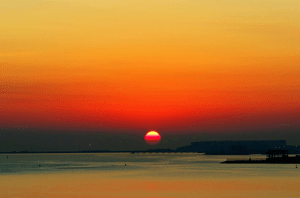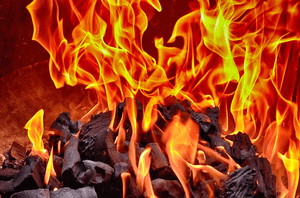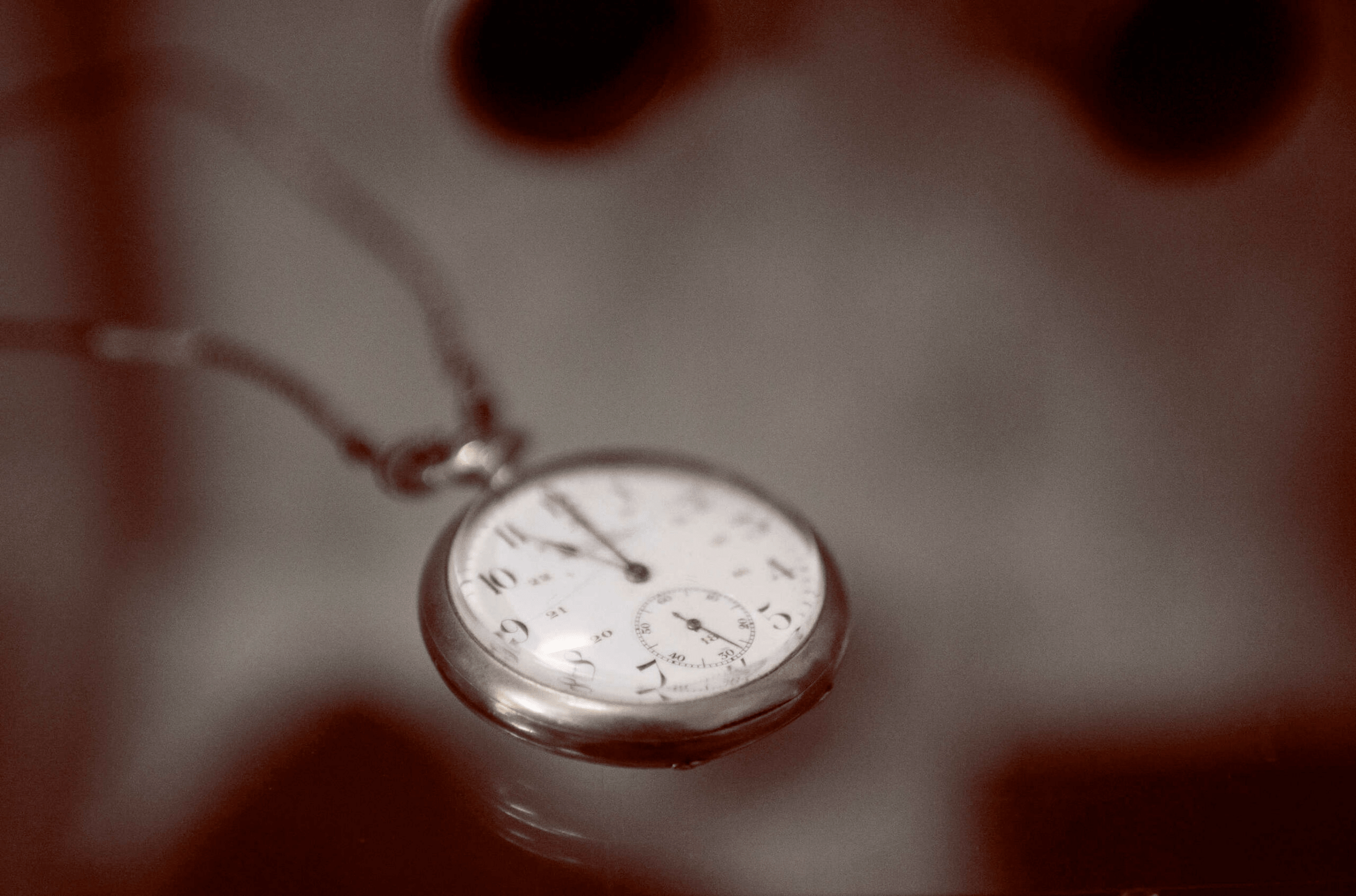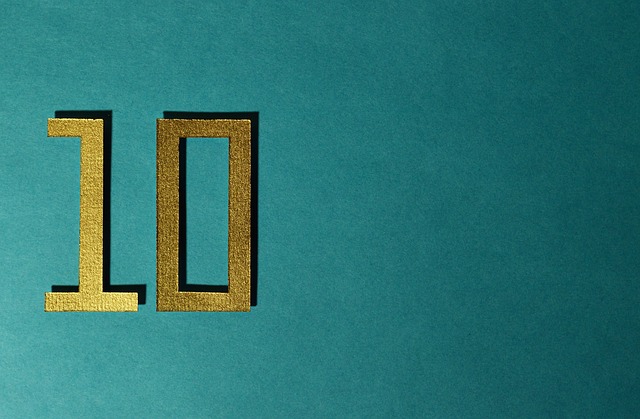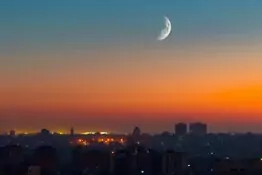أَصْبَحْنَا وَأَصْبَحَ الْمُلْكُ لِلّٰهِ رَبِّ الْعَالَمِيْنَ ، اَللّٰهُمَّ إِنِّيْ أَسْأَلُكَ خَيْرَ هٰذَا الْيَوْمِ ، فَتْحَهُ وَنَصْرَهُ وَنُوْرَهُ وَبَرَكَتَهُ وَهُدَاهُ ، وَأَعُوْذُ بِكَ مِنْ شَرِّ مَا فِيْهِ وَشَرِّ مَا بَعْدَهُ
We have entered the morning and at this very time the whole kingdom belongs to Allah, Lord of the Worlds. O Allah, I ask You for the goodness of this day: its victory, its help, its light, and its blessings and guidance. I seek Your protection from the evil that is in it and from the evil that follows it.
Aṣbaḥnā wa aṣbaḥa-l-mulku li-llāhi Rabbi-l-ʿālamīn, Allāhumma innī as’aluka khayra hādha-l-yawm, fatḥahū wa naṣrahū wa nūrahū wa barakatahū wa hudāh, wa aʿūdhu bika min sharri mā fīhi wa sharri mā baʿdah.
Abū Mālik al-Ashʿarī (raḍiy Allāhu ʿanhu) narrates that the Messenger of Allah ﷺ said: “When one of you enters the morning, they should say [the above]; and when they reach the evening, they should say the same.” (Abū Dāwūd 5084)
Brief Commentary
• “We have entered the morning” means we have entered another morning, covered in Your protection, O Allah; enveloped in Your blessings, occupied with Your remembrance, seeking help with Your Name, and only breathing and living through Your will and power.
• We begin the duʿā’ by affirming that the kingdom belongs to Allah, therefore He is the true King who has ownership over everything. The knowledge of this increases the awe and veneration we have for Allah.
• After affirming the kingdom belonging to Allah, we mention what He does with His Kingdom: He looks after it. We describe Allah as being “Lord of the worlds” i.e. all that exists. When we say Allah is the Lord, we mean He is the one who looks after, nurtures and provides, therefore we should be grateful for Allah as He is the Lord of all that exists.
• Once we realise that Allah is the one who provides for us and looks after us in the general sense, we begin to ask Him for specific things that we want from this morning or evening.
• The first thing we ask Allah, is that we ask Him for the “goodness of this day/night.” We do not specify what good we want; therefore, we are asking Allah for all the good that there is. This includes the good with regards to this life (e.g. good health, security, peace of mind); and more importantly, the good with regards to the hereafter (e.g. praying the night prayer, reciting the Qur’an).
• We ask Allah for “victory” and “help”. The victory here is both a physical and spiritual one, so we are asking Him for His help to allow us to be victorious against our enemies, shayṭān, as well as against our own nafs (inner self).
• The “light” of the day refers to the light of guidance and īmān, which is present in the heart of the believer. It also refers to beneficial knowledge and righteous actions.
• When Allah places His blessings on a matter, it will bear much more fruit than a matter which is not blessed. Therefore, when we ask Allah for the “blessings” of this day, we are asking Him to bless everything we have and do on this day, such as: our time, food, sleep and wealth. We are asking Allah to facilitate a pure and lawful income. More importantly, we are asking Him to bless our acts of worship, and cause them to be a means of further good in all aspects of our lives and the hereafter.
• The last specific thing we ask Allah in this duʿā’, is to grant us the goodness of this day in terms of the “guidance” we receive. We are asking Allah to increase us in guidance, and to grant us steadfastness on it.
• We finish off the duʿā’ by seeking refuge in Allah from all the evil that exists on this day, as well as all the evil that exists after it. This includes evil in terms of matters that may affect us in the world (e.g. harm, injury) as well as those that affect us in the hereafter (e.g. sins and transgressions against Allah).
Action Points
• True kingdom belongs to Allah alone. All the leaders and kings in this life all fall within the kingdom and dominion of Allah. This should remove the fear of worldly kings, authorities and leaders from our hearts; and make us realise that we have the King of kings by our sides.
• We are asking for ‘opening’ in knowledge, guidance, sustenance, and all good. It also includes the ‘opening’ (i.e. removal) of grief, sorrow and all complicated matters.
• When asking Allah for victory, do not just think about victory against the visible enemies. Focus also on your hidden enemies that could cause a greater destruction to your hereafter, such as Shayṭān, and your own nafs.
• Always ask Allah to bless all your matters. Someone may sleep for 4 hours and feel very refreshed and energetic for the remainder of the day, whereas someone may sleep for over 8 hours, yet does not have much energy during the day. This is due to the blessings Allah had placed on the former, and the lack of it in the latter.
• A means of securing blessings is to wake up early in the morning, as the Prophet ﷺ prayed for the mornings of his ummah to be blessed.
• Making this duʿā’ in the morning is an indication that the true believer does not sleep or be heedless of his Creator at this precious time, as the morning is when the sustenance is distributed.
Asking for ‘guidance’ is one of the most important duʿās we can make, hence why we seek guidance at least 17 times a day in Sūrah al-Fātiḥah. We should never underestimate the danger of slipping off the path of guidance (the straight path), and should always ask Allah to grant us steadfastness.


